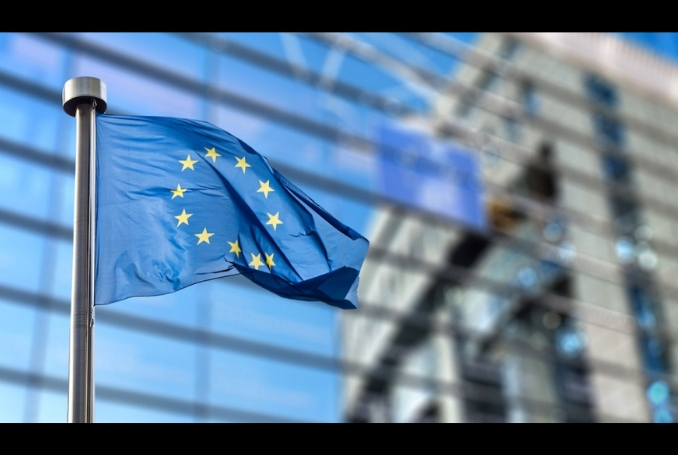
By Ramona Wadi
Discussions which frame Palestine’s precarious future within the context of US President Donald Trump’s so-called “deal of the century” versus the two-state compromise continue. Apparently, with just these two dangerous options on the table, Palestine is being pushed into oblivion.
In anticipation of Trump’s deal, a group of former officials from European countries has sent a letter to EU Foreign Ministers and the EU High Representative for Foreign affairs and Security Policy. They call upon the EU to reject the US deal and affirm “the internationally agreed parameters for a two-state solution.”
Their letter calls the Oslo Agreement “a milestone of transatlantic foreign policy cooperation” and describes Trump’s decisions as “gambling with the security and stability of various countries located at Europe’s doorstep.” This is in the context of the US terminating its financial aid to the United Nations Relief and Works Agency for Palestine Refugees (UNRWA). If Europe does not reject Trump’s deal, the letter warns, the result will “accelerate the demise of the two-state option and fatally damage the cause of durable peace for Palestinians and Israelis alike.”
A close reading of the letter shows that there is more concern about the EU retaining the upper-hand when it comes to diplomatic negotiations, rather than what happens to Palestinians within the context of Trump’s forthcoming deal. Indeed, in conclusion, the letter states that the current rift in policy is “a defining opportunity to reinforce our shared principles… and thereby manifest Europe’s unique role as a point of reference for a rules-based global order.”
All the concerns exhibited by such former this and former that people are alien to the Palestinian struggle for liberation; where were they when they were in positions of power and influence? What did they do or say then of any benefit to the Palestinians?
It is a fact that Palestine was changed, seemingly irrevocably, by European colonization and the US has now stepped in to hasten the process. The EU is merely vying for international influence when it comes to Israel and it does so at the expense of Palestinian territory and Palestinian lives; it holds no moral high ground when it comes to protecting Israeli colonialism.
Unlike the US on this occasion, though, it has the backing of the so-called international community due to the common factor which is the “two-state solution”, a fatal compromise which rewards the state responsible for the ongoing ethnic cleansing of the people of Palestine. Since the international community has long since manipulated general consensus as being equivalent to fairness and legitimacy, the EU is diplomatically a step ahead in terms of international relations.
As far as Israel is concerned, both the US and the EU are serving the colonial agenda. The US is focusing on promoting overt normalization of relations with Israel and providing incentives, while the EU has normalized such relations and maintains the illusion of supporting Palestinian rights. However, the underlying premise remains the two-state imposition supported by the Oslo Accords, the milestone diplomatic endeavor which duped the Palestinians and deprived them of their land.
If the EU is measuring its success by Oslo, it should be clear about its underlying agenda and detriment to Palestinians. Telling the EU to reject Trump’s plan in order to support an obsolete paradigm is just a matter of choosing which violation to uphold; of choosing the lesser of two evils: Trump’s plan or the two-state compromise. Both prioritize Israel, normalize colonialism and render Palestinians as mere recipients of humanitarian aid given in compensation for stolen land and shattered lives.
The EU might well achieve its aim of being an international point of reference, but it is worth reminding Brussels that a “rules-based global order” is not tantamount to justice. Europe’s position, though less belligerent than that of America’s, is also based on the premise of protecting Israel’s colonial project in Palestine at all costs, most of which are being paid by the indigenous Palestinians.
– Ramona Wadi is a staff writer for Middle East Monitor, where this article was originally published. She contributed this article to the Palestine Chronicle.







